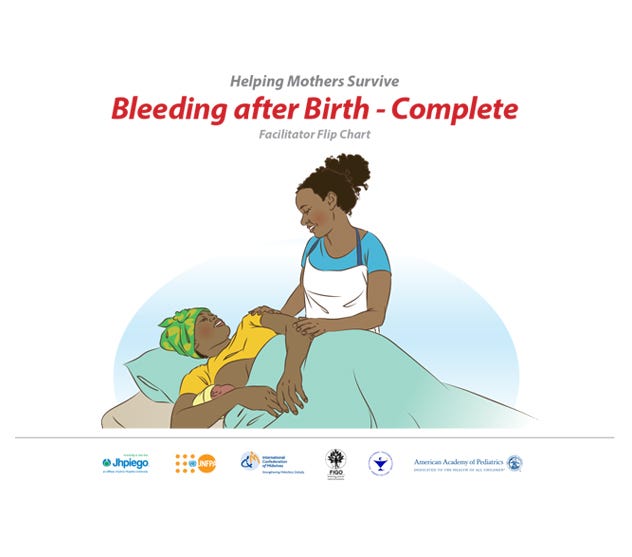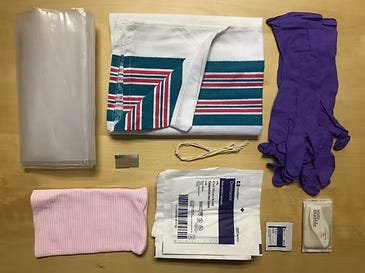Last week was Mother’s Day. On Mother’s Day, we honor the love, strength, and sacrifice of mothers. But did you know that for many women around the world, childbirth is life-threatening? This time around Mother’s Day, I want to pay tribute to the mothers who died from maternal health complications.

Every 2 minutes, a woman dies from perinatal complications, and the vast majority of these deaths are preventable. About 90% of these deaths occur in low-resource settings.
There is a concept that those of us who work in global health are familiar with, called The Three Deadly Delays. This is a framework that identifies factors that contribute to maternal mortality.
Delay in a decision to seek care
Delay in reaching care
Delay in receiving adequate health care
About the Three Deadly Delays
A delay in a decision to seek care can be attributed to factors such as:
Women not having autonomy to make their own decisions about health care
Lack of education about what health concerns would indicate a person needs to go get care
Broken trust with a health system because of a prior bad experience
Financial difficulty
A delay in actually reaching care can be attributed to factors such as:
Far distance to a health facility
Lack of transportation
Poor infrastructure and roads
Travel being unsafe due to conflict/war
A delay in receiving adequate health care can be attributed to factors such as:
Lack of resources in health facilities
Not enough healthcare workers (especially in rural areas)
Strained medical systems—healthcare facilities understaffed and healthcare workers in those facilities being overworked
Discrimination

Interventions
Interventions that have proven to be successful in the fight against maternal mortality include investing in skilled birth attendants at every birth, access to care during pregnancy, birth, and postpartum, access to contraception, adequate nutrition, clean water and sanitation, education and empowerment of females, and improving the overall health infrastructure. In addition to those mentioned above, strengthening societies through economic initiatives, literacy efforts, environmental protections, and human rights protections all help to improve maternal health.

Skilled Birth Attendants
Research has proven that having skilled birth attendants at every birth makes a significant impact in the fight against maternal mortality. This is why investing in midwives in low-resource settings is something I am extremely passionate about.
During my time in Afghanistan, I had the privilege of getting to train midwives and other healthcare workers in a training series by JPIEGO, called Helping Mothers Survive.
These trainings are made for healthcare workers in low-resource settings and offer hands-on, practical skills simulations where healthcare workers can practice life-saving skills such as stopping hemorrhages, managing preeclampsia and eclampsia, and more.
JPIEGO has been able to implement these trainings in over 65 countries. Many lives have been saved because healthcare workers have been given the tools and trainings to be able to manage childbirth complications and emergencies.
In addition to JPIEGO, there are many other organizations that are making significant contributions in the field of global maternal health. There are a lot of wonderful initiatives around the world that have saved so many lives!
Young World Changers (Kids’ Section)
Global Health Charities “Build a Birth Kit”
Global Health Charities has an Amazon wish list of birth kit supplies. You can send them supplies from their wish list, and they will use them to build a birth kit which they send out all over the world to help provide safe births for mothers and babies.
Activity: Let your kids/students choose some birth supplies from the online wish list to send to Global Health Charities as a way to get involved!
Conclusion
Working towards drastically reducing maternal mortality rates is something that can easily feel overwhelming or too big to know where to start. But I have a strong belief that many people taking small steps to make change can lead to lasting impact. If factors such as poverty, infrastructure, education, and equality all impact maternal mortality, then that means that ordinary people investing in small ways in their sphere of influence can make a difference. It can be as simple as offering to give a woman struggling to find transportation a ride to her prenatal appointment. And it just might save a life.
Happy Mother’s Day!




